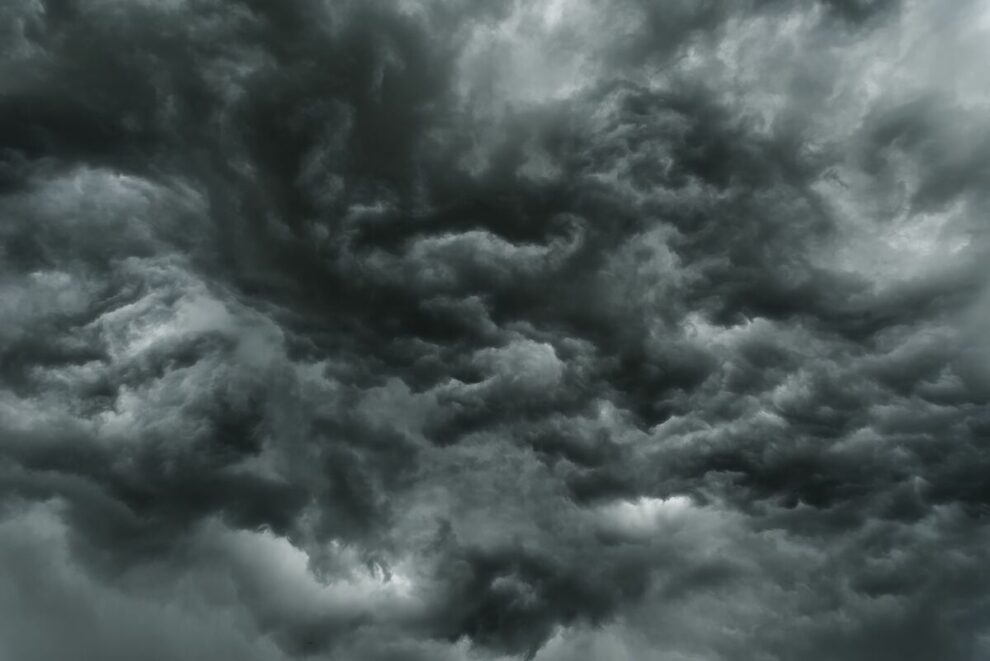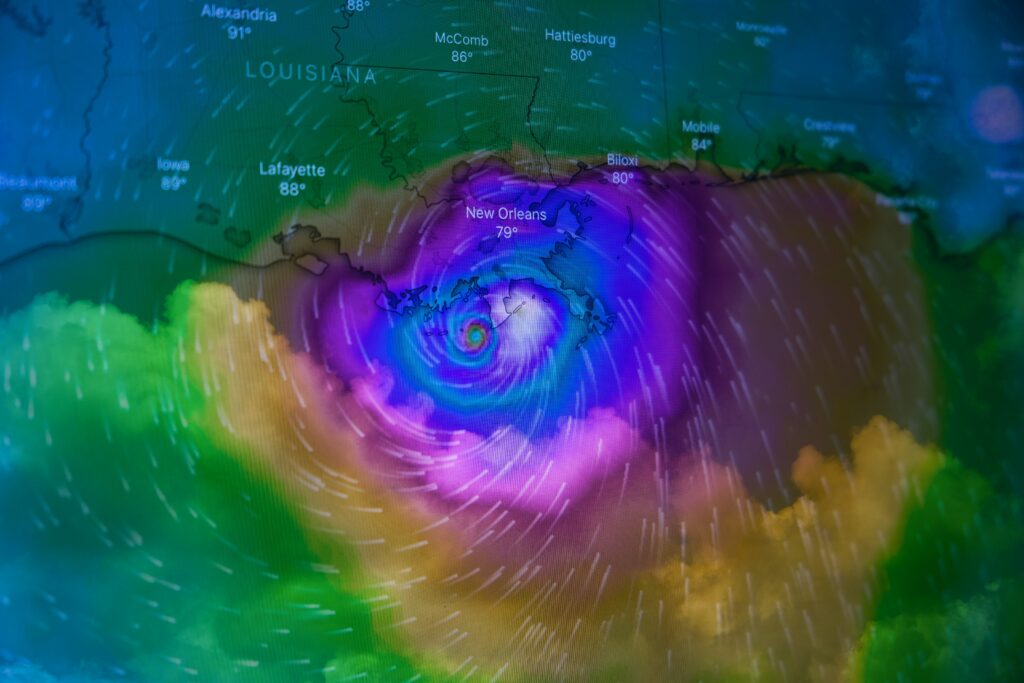It seems that measures to reduce air pollution have made air more dangerous. Specifically “Cleaner Air Leads to More Atlantic Hurricanes, NOAA Study Finds“. And yes, it is possible. Climate is very complicated with subtle feedback effects, a major reason computers are so bad at modeling it, so it could be that reducing the aerosol particulates we release that reflect sunlight means “the ocean absorbs more heat and warms faster” as NOAA claimed on May 11. As in fact a crucial aspect of warming alarmism is that rising CO2 has not caused more warming because it’s been offset by the reduction in aerosols that… no, wait a minute. The idea is that the aerosol cooling effect explains why the models overestimated how much it would warm in the 20th century although as we have pointed out, the fact that the aerosol-heavy Northern hemisphere didn’t warm a lot more slowly than the less particulated Southern makes that hypothesis hard to sustain. As does the fact that the number of hurricanes is not increasing. Tricky.
NOAA says hurricanes are increasing even if they’re not. That May 11 statement went on “A warming Atlantic Ocean has been a key ingredient to a 33 percent increase in the number of tropical cyclones during this 40 year period” from 1980 to 2020. But in fact as soon as Al Gore added hurricanes to his “nature hike through the Book of Revelation”, from 2006 to 2017 the United States experienced a 12-year gap (yes, 12, because you count both start and end years) in major ones making landfall, during which time “wind shear” was kluged into the picture to offset the supposed impact of warming. Then in 2017 the gap ended with a lethal bang that included Hurricane Katrina and wind shear went out the window. But science depends on predictions made beforehand, not afterward.
Now NOAA also says the upcoming Atlantic hurricane season will be unusually active. And if it is, the usual suspects will blame climate change one way or another. And if not, well, they said there was a 65% chance of an above-normal season, a 25% chance of normality and 10% of a quiet season. So they’re covered regardless. And as the Epoch Times observes:
“According to NOAA, the above-average activity in 2022 could be attributed to several climate factors including the presence of an ongoing La Niña event in the tropical Pacific Ocean, warmer-than-average sea surface temperatures in the Atlantic Ocean and Caribbean Sea, an enhanced west African monsoon and weaker tropical Atlantic trade winds.”
So it’s not just climate change unless anything bad that happens with regard to any of these things is the fault of man-made warming.
Or maybe nothing happens at all. NBC said “’We are in an active period,” said NOAA administrator Rick Spinrad, noting that if predictions prove accurate, it would be the 7th-consecutive above-normal season…. These patterns bear the fingerprints of climate change, Spinrad said.” But hang on. As Roger Pielke Jr. noted on May 27 on Twitter, “The past 12 months have seen close to the fewest tropical cyclones of major hurricane frequency in more than 40 years” as part of a general if erratic downward trend. Despite which NOAA keeps saying there are more and more and we are causing them. But if removing aerosols means bad GHGs warm the oceans and cause more storms, where are the storms?
In a longer Substack piece on June 1 “What the media won’t tell you about hurricanes”, Pielke among other things quotes the latest IPCC report that “[T]here is still no consensus on the relative magnitude of human and natural influences on past changes in Atlantic hurricane activity, and particularly on which factor has dominated the observed increase (Ting et al., 2015) and it remains uncertain whether past changes in Atlantic TC activity are outside the range of natural variability.” And one reason why is that Atlantic hurricanes are extremely variable annually and decadally and always have been for reasons not properly understood.
His intervention is so important we have devoted a separate item in our newsletter to it. But it really is odd to be arguing about the causes of an increase in hurricanes that didn’t happen.



"Then in 2017 the gap ended with a lethal bang that included Hurricane Katrina and wind shear went out the window. "
Surely Katrina happened in 2005?
According to Pielke’s paper and the hurricane data it presents, the US average annual hurricane landfall number is 1.79/ per year and average major hurricane landfall of 0.59 per year, so technically any year in which we have a major hurricane hit the US we are above average or if we have just two normal hurricanes. And probability of that is just 65% according to NOAA. Boy they’re going out on a limb with that forecast, really predicting the end of civilization as we know it. And their budget to come up with this gem is what?
I find contradictions difficult to deal with so I hope someone can help me with this. Climate Scientists claim that as the earth warms it will warm more at the poles than at the equator meaning the temperature difference between the two will be less. Atmospheric physicists say that the intensity of hurricanes (cyclones in the southern hemisphere) is determined by the temperature difference between the cold air from the poles meeting the warm air from the tropic. So...in a warmer world storms will be less intense. Yet Climate Alarmists claim storms will be more intense. If that is true the Laws of Thermodynamics must be wrong. But I'm very sure that over the last century these laws have become well accepted as being right.
Hurricanes aren't increasing or getting more intense.
Are climate activists lying or ae they just really stupid?